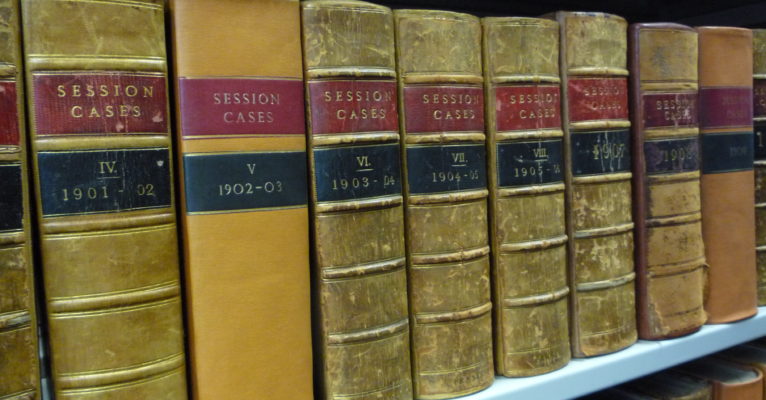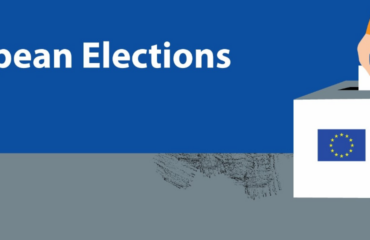Time for some experts?

Although during the EU referendum campaign some scepticism was expressed over the value of “experts”, there are times when specialist expertise is required. One of these is in making the law. Anyone who has tried making rules for their children will be aware of the ease with which even untrained minds can spot loopholes, and the extent to which exceptions have to be made to cope with unforeseen events. Leaving the EU is a bit more complicated than this and a great deal of expertise will have to be applied for the process to work.
The role of expertise
The role of the expert in law-making is not to make the big decisions, but to understand, explain and resolve the technical issues to enable whatever political decisions are being taken to work in practice. Occasionally this means pointing out that some political preferences are just not possible, but more often it will be a case of identifying both the challenges that are faced and the possible ways of overcoming them. Such work by experts may not excite the politicians, but it is absolutely essential if Brexit is to proceed smoothly.
Two recent developments bear this out. The first is the publication of the European Union (Withdrawal) Bill, the keystone (but only a tiny part) of the legislative edifice that is needed to achieve the Brexit transition. The main provisions are actually fairly short (although as a whole the Bill is 60 pages long) but they pave the way for vast quantities of further legislation.
The point to be made here, though, is simply to note (and appreciate) the level of expertise which has got us even this far. Even for the main provisions taking away the effect of EU law to operate properly, there are so many other legal points that have to be spotted and addressed. Pages of the Bill are devoted to minor but essential adjustments to keep other areas of law in step. How many people voting (or even campaigning) for “Leave” last summer had appreciated the need to address knock-on effects on procedure in the Scottish criminal courts? Legislative expertise is vital to accomplish the task of achieving a smooth exit without gaps and conflicts in the law.
The second development shows the scale of this task, through the publication of the first two of a series of reports prepared by the UK Environmental Law Association (UKELA). UKELA is comprised of solicitors, barristers, advocates, consultants and academics working with environmental law and has been neutral on the Brexit question.
Now that Brexit means Brexit, UKELA’s view is that regulatory stability and continued environmental protection require the preservation of the environmental law that currently applies in the UK (much of it of EU origin) until there can be a proper review, with full and open consultation, of the way forward. A Task Force has been working on the legal and technical implications of how a free-standing corpus of UK environmental law can be established, separate from the EU, but still fulfilling our continuing international obligations and maintaining environmental protection. The two papers show different scales of work required for this task.
UKELA Brexit papers
The first paper, Exit from the Euratom Treaty and its Environmental Implications, provides a detailed analysis of what is needed to ensure that we continue to have adequate nuclear safety laws, and to maintain relationships with international networks which ensure that radioactive substances are dealt with safely as they are used, transported and disposed of. The UK currently benefits from EU arrangements with other countries such as Canada and Japan; replacements which live up to the exacting standards for international recognition will have to be put in place. This is a matter for experts looking hard at the nuts and bolts of the legal regimes and seeing how the holes created by removing the EU elements can be sealed.
The second paper, Enforcement and Political Accountability Issues, tackles the much broader issue of how the government’s environmental commitments inherited from the EU (and their potential replacements in due course) are to be enforced. The EU’s enforcement mechanisms are slow and far from perfect, but do provide a means of holding governments to account when they fail to deliver on their commitments to achieve clean air, clean beaches or habitat protection. It requires experience and expertise to appreciate what will be lost with the removal of the supervision exercised by EU authorities, and to assess the adequacy of the available domestic mechanisms to fill this gap. The fact that judicial review has worked in some cases (such as the recent clean air litigation) does not mean that it will be suitable for all circumstances. The report also displays its expertise in looking at environmental courts, tribunals and ombudsmen in over a dozen other countries to identify whether they offer lessons for our future outside the EU.
For Brexit to be a success, expertise is essential. Skill is needed in matters of detailed regulation and in creating the new laws to give effect to Brexit as well as to clarify the range of options available to answer the large and political questions of accountability and governance. This may mean having to tell uncomfortable truths to those in power, but sometimes the specialists do have to be listened to. Politicians and public have to make the decisions, but framing the questions and then putting the answers into practice are tasks that certainly require experts.
Prof. Colin T. Reid is Professor of Environmental Law at the University of Dundee and a member of the the UKELA Brexit Task Force. He is also a co-investigator on an ESRC Brexit Priority Grant funded via the UK in Changing Europe and a member of the Brexit and Environment network.




